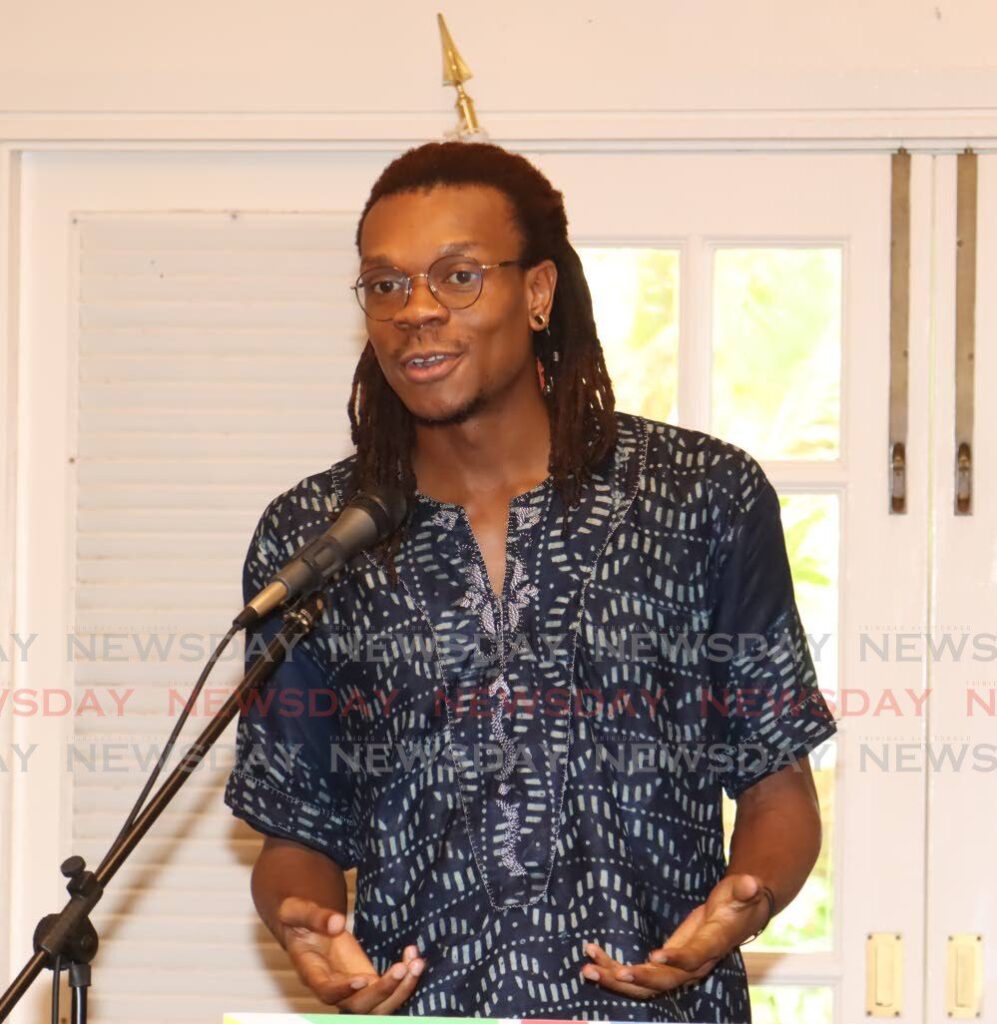CAISO presents report on discrimination, abuse

Discrimination and harassment affect lesbian, gay, bisexual, transgender, queer, intersex, plus (LGBTQI+) people’s quality of life, their access to safe housing, health services, proper policing, and gainful employment, and their ability to enjoy their workplaces. This was the prevailing insight from the CAISO: Sex and Gender Justice’s Wholeness and Justice Programme 2023.
A release from the organisation said in 2023, the programme assisted 30 new clients and continued services for 26 existing clients from 2022. The Wholeness and Justice Programme provides legal, clinical and wholeness development services to clients. Analysis of the services provided showed the new clients experienced discrimination and harassment, family violence and physical assault.
In a media conference on May 16, CAISO shared an overview of the findings of its 2023 Insights Report, which provides data on service provision and community interventions, discusses key findings, provides a deep dive into the problems presented by clients, and offers policy recommendations based on client and community engagement. The report is available on CAISO’s website.
It said over 50 per cent of total clients enlisted in 2023 were gender-diverse – that is, their gender identity and/or gender expression differed from the perceived prevailing norm (cisgender (identifying with the gender assigned at birth), heterosexual, and able-bodied).
CAISO said over 70 per cent of clients reporting family violence were subjected to verbal and emotional abuse that included name-calling, humiliation and intimidation, unwillingness to recognise the individual’s identity, the use of religion to shame and oppress, confinement to the home, threats to life and property, and threats to disown and displace the individual.
The release said discrimination makes sections of the community more vulnerable to physical assault because the pervading negative attitudes towards LGBTQI+ people, the absence of legal recognition or protective laws, and the dearth of community-sensitive systems for care and redress, foster an environment where perpetrators believe their actions will be met with impunity.
Community caseworker Rae Alibey said there had been an increase in negative attitudes towards LGBTQI+ people since last year, when the presence of books about LGBTQI+ people at RIK Services Ltd Booksellers prompted a furore, and further fuelled by right-wing talking points and anti-trans rhetoric from the global North.
“While the home should be a place of safety and support, for too many LGBTQI+ youth, they are rejected from families and loved ones, which leads to displacement and vulnerabilities. There are a lot of issues with homelessness. Please, parents, make your homes safe for your children. Putting them out puts them at risk of being trafficked, abused, and turning to sex work to survive. Often people say, 'What about the youth?' when talking about LGBTQI+ issues, but have we included queer and trans youth in our discussions about the youth? Because they exist.”
Alibey said this is why the programme continued its efforts in 2023 to produce resource guides and to provide food support for clients and the wider community through fund-raising efforts and a community food bank.”
CAISO programme and research officer Kellog Nkemakolam said the report discussed overall key insights produced from a third year of service provision to Trinidad and Tobago’s LGBTQI+ communities. He said the Equal Opportunity Act, which specifically excludes sexual orientation, limits avenues of redress for classes of people who experience discrimination; inaccessible and inadequate social service institutions continue to disenfranchise a wide class of people, including the homeless and the disabled; police violence significantly hinders access to justice; and the “anti-rights movement” promotes violence that increases the vulnerability of LGBTQI+ people.
CAISO community lawyer Donielle A Jones said justice must be seen in political will to do the right thing to protect all citizens.
“Our law should not be tools used to aid and abet discrimination but as tools to protect citizens from any form of discrimination. CAISO continues to demand change through long-standing calls for amendments in legislation, which would be the most effective way for the government to meet its obligations to ensure rights and protection for LGBTQI+ people.”
Jones said the Insights Report puts forward several policy recommendations – from increasing accessibility of social services to training for service providers and judicial officers to enacting protections through constitutional reform.
CAISO director Angelique V Nixon said the global theme of the International Day Against Homophobia, Transphobia and Biphobia (IDAHOBIT) 2024 is No One Left Behind: Equality, Freedom and Justice for All.
“This theme perfectly describes the work we do through the Wholeness and Justice Programme and reflects CAISO’s mission and consistent demands for LGBTQI+ people to be treated with dignity and be afforded the same rights and freedoms as everyone else. In working for equality and justice, our differences matter and must be accounted for in the struggle for freedom.
“The programme responds to the multiple experiences of LGBTQI+ community members across intersecting issues and problems, while at the same time, advancing recommendations for policy and legislative changes.
"We are filling in the gaps where our community members are left out through exclusions and blatant neglect. We demand better, fight against discrimination and insist on equal treatment and justice.”

Comments
"CAISO presents report on discrimination, abuse"